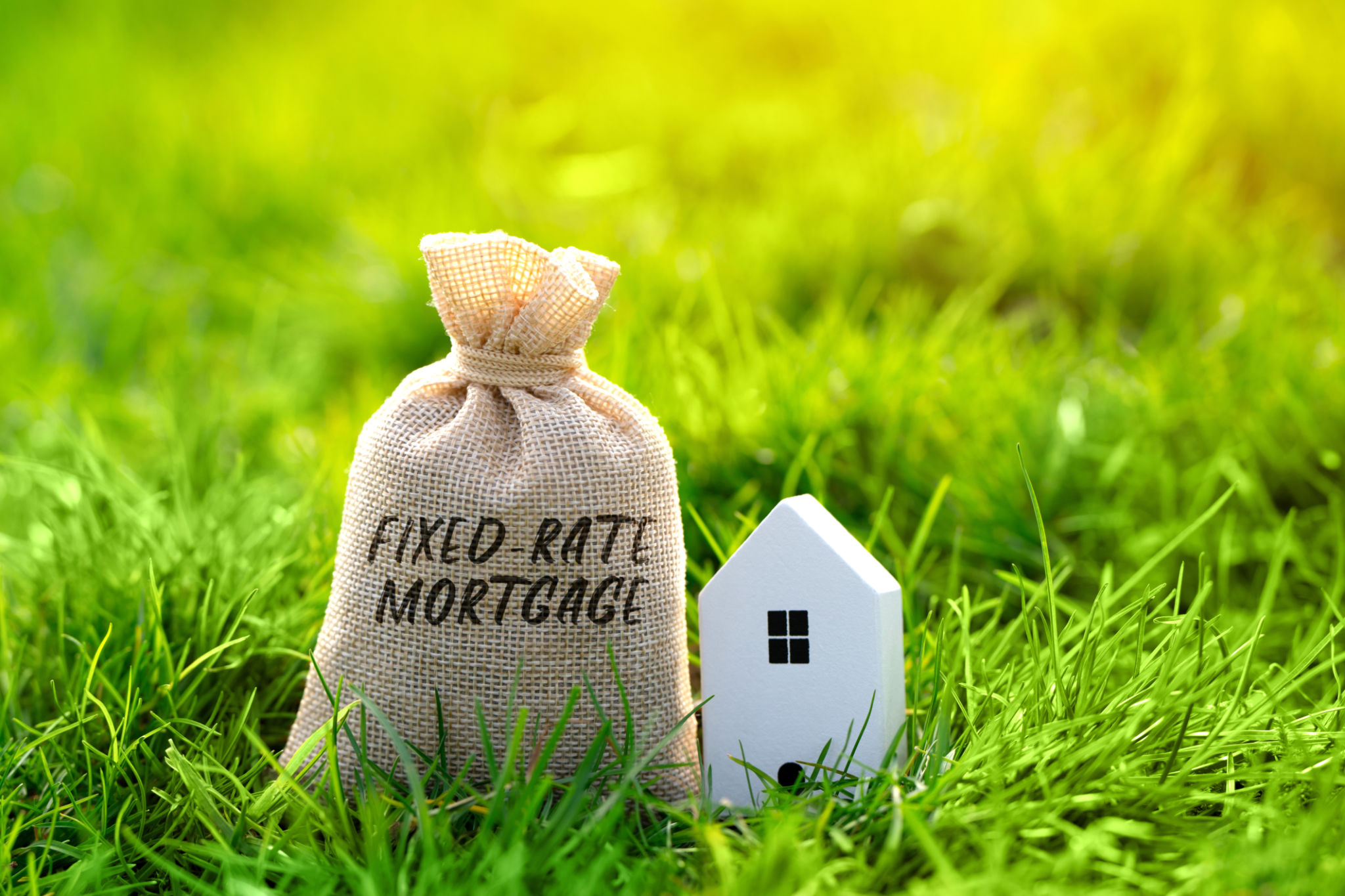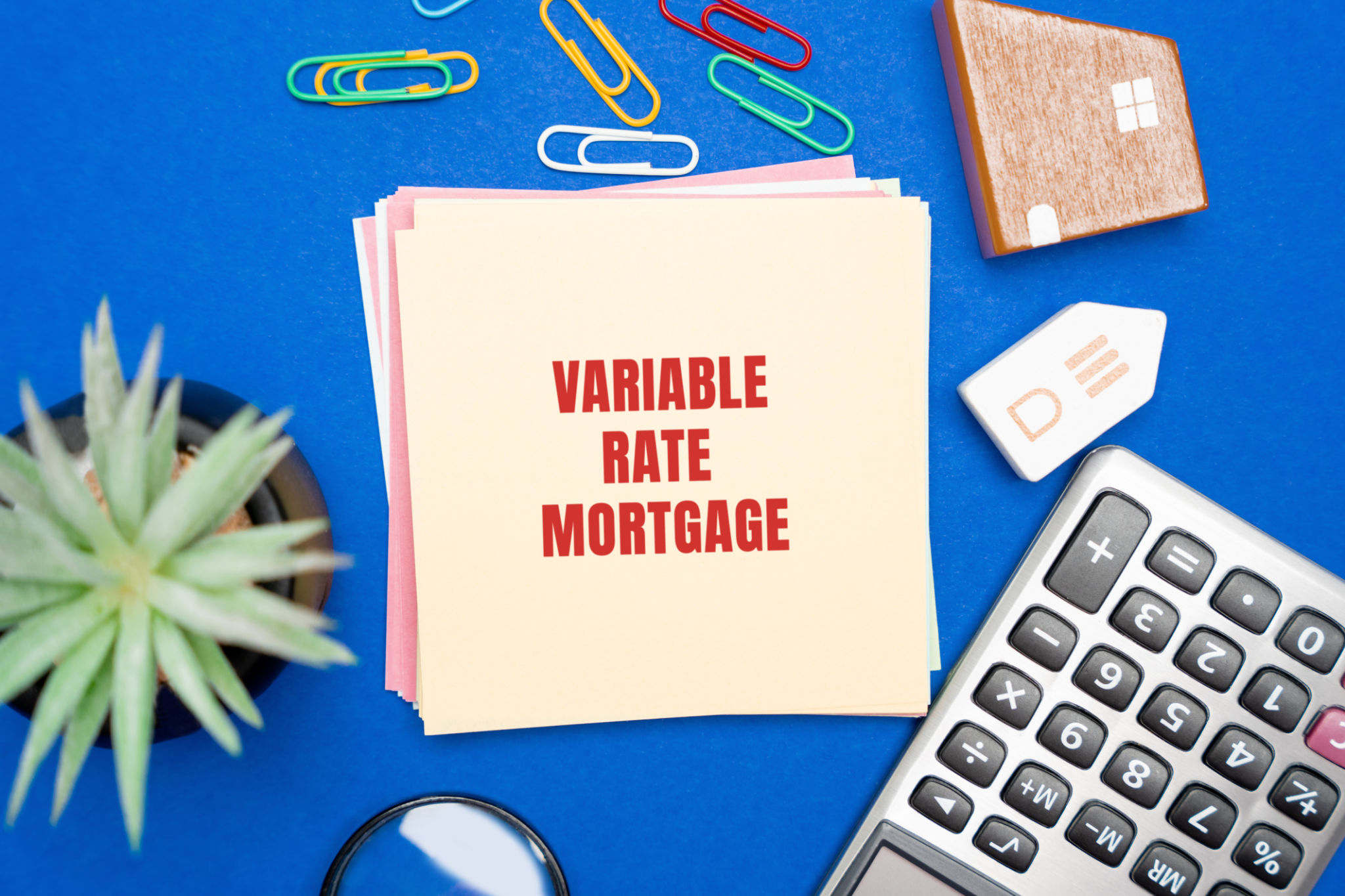Comparing Fixed-Rate and Variable-Rate Mortgages: What’s Best for You?
Understanding Fixed-Rate Mortgages
When considering a mortgage, the fixed-rate option is often a popular choice for homebuyers. With this type of mortgage, the interest rate remains constant throughout the life of the loan. This means that your monthly payments will not change, providing you with stability and predictability. Fixed-rate mortgages are typically available in 15, 20, or 30-year terms, allowing you to choose the duration that best fits your financial plans.
One of the main advantages of fixed-rate mortgages is the protection they offer against inflation and rising interest rates. If you lock in a low rate, you can benefit from stable payments even if market rates increase. This can be particularly beneficial for those planning to stay in their homes for an extended period.

Exploring Variable-Rate Mortgages
Variable-rate mortgages, also known as adjustable-rate mortgages (ARMs), offer an alternative to the fixed-rate option. With an ARM, the interest rate fluctuates based on market conditions. Typically, these loans start with a lower initial rate compared to fixed-rate mortgages, which can make them appealing for budget-conscious buyers.
The interest rate on an ARM is usually fixed for an initial period (such as 5, 7, or 10 years) and then adjusts periodically according to a specific index plus a margin. While this can result in lower payments initially, it's important to remember that rates may increase over time, potentially leading to higher monthly payments.

Key Considerations for Choosing a Mortgage
When deciding between a fixed-rate and a variable-rate mortgage, several factors should be taken into account:
- Financial Stability: Consider your current financial situation and future stability. A fixed-rate mortgage might be preferable if you value consistent payments.
- Length of Stay: If you plan to move within a few years, an ARM could be more cost-effective due to its lower initial rate.
- Risk Tolerance: Evaluate your comfort level with potential payment fluctuations that come with variable rates.
Comparing Costs Over Time
It's crucial to compare the total costs of both mortgage types over the life of the loan. While fixed-rate loans offer predictability, ARMs might provide savings in the short term. However, if interest rates rise significantly, the overall cost of an ARM could surpass that of a fixed-rate mortgage.

Making the Right Choice for Your Needs
Your choice between a fixed-rate and variable-rate mortgage should align with your financial goals and lifestyle. Consider consulting with a financial advisor or mortgage broker to get personalized advice based on your circumstances. Understanding both options will empower you to make an informed decision that supports your long-term financial well-being.
Ultimately, selecting the right mortgage type requires careful consideration of your immediate needs and future plans. By weighing the pros and cons of each option, you can secure a loan that best fits your personal and financial objectives.